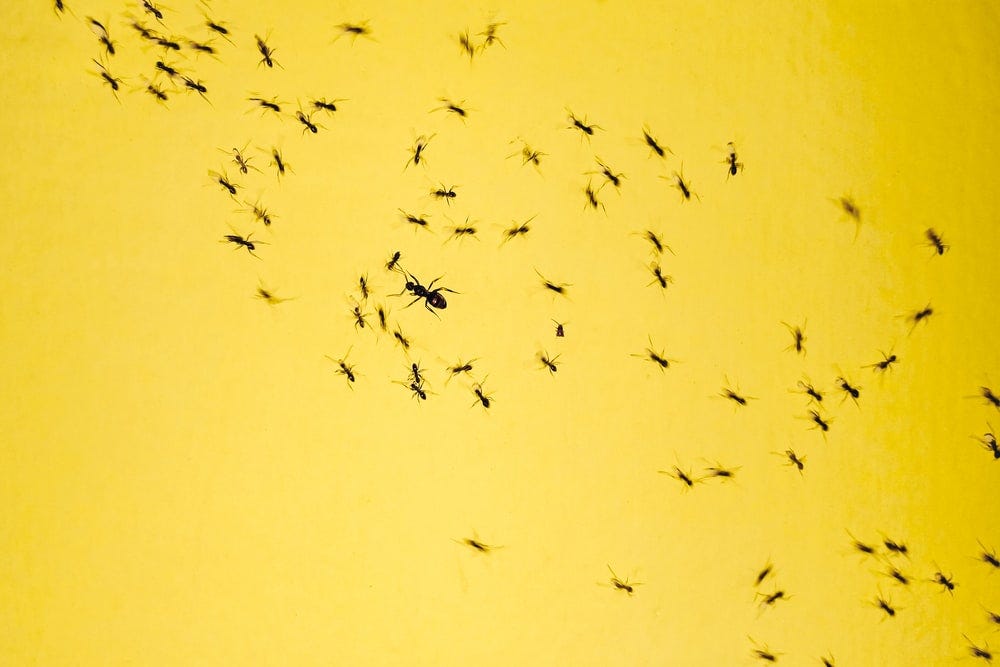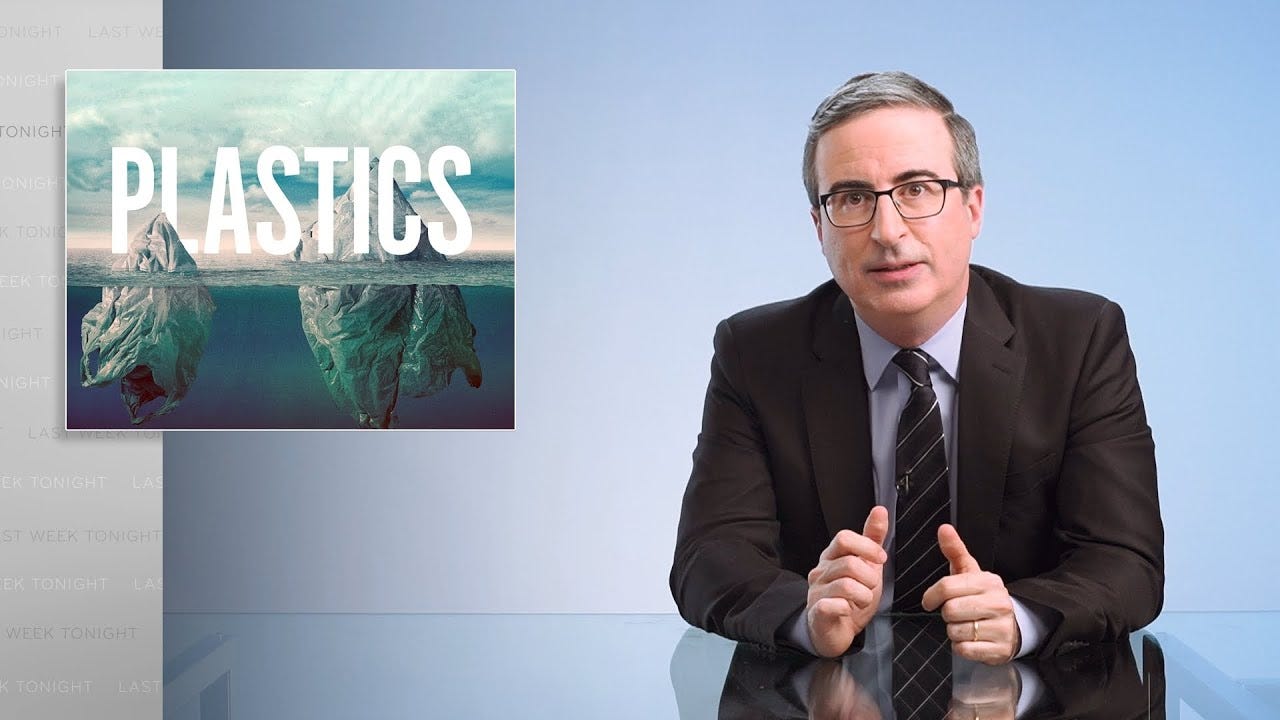
If there is one area where I find teamwork and community annoying, it’s with these pesky ants. They are currently lining up in our kitchen cabinets and would have caused a full-blown infestation had I not packed the honey jar into a ziplock bag. I tried to follow their path to see where they’re coming from but I lost track beyond the terrace.
A group of scientists had, however, far better luck. They followed ants across the world to see how far a contaminant has spread and found plastic materials in ants even in the remotest forests of the Amazon. Their conclusion: plastic is everywhere.
This week in The Global Tiller, we take a look at how far plastic has travelled, how it impacts us, and how recycling may not be enough to reverse its negative impact. What impact do individual actions even have on this global crisis?
There is little doubt that plastics are harmful. Most of our plastic waste also ends up directly into the sea, where it infects coral reefs, while literally choking marine animals to death. It can also get into our bodies and cause a whole range of problems, not just when they are burnt but actually through their entire life cycle.
From extraction, to refining and manufacture, to consumer use and waste management, plastics are impacting human health in multiple ways through this journey. In fact, environmentalist and reproductive epidemiologist Shanna Swan suggests in her book, Countdown, that the chemicals found in plastic containers, waterproof clothings and food wrappings, etc, are decimating fertility to the point that, by 2045, sperm counts could reach zero.
While most of the world’s attention is focused on reducing carbon emissions by finding sustainable energy sources, the petrochemical industry is shifting its focus towards producing more plastic - which is made from fossil fuels. The oil and gas industry aims to increase plastic production by at least 33% by 2025. Imagine, even more micro plastics in our systems, even larger plastic islands in the Pacific Ocean. Not to mention the emissions from plastic production alone will account for 15% of global emissions by 2050, jeopardising the world’s ability to stay below the 1.5-degree Celsius warming threshold.
What’s driving up these demands most often are companies using single-use plastic. Coca Cola is the biggest plastic polluter in the world - the giant soda company responsible for more plastic litter than the next top three polluters combined. What makes it worse is that these giant corporations, that can single-handedly reduce global emissions, are funding advocacy groups that insist that the solution to carbon emissions lie primarily on individual consumers, which is not exactly the case.
If you were sorting out trash until recently, chances are your waste was most likely being shipped overseas to China. When China increased the standards of waste it would accept, those garbage containers found their way to parts of Southeast Asia, namely Thailand, Indonesia and Malaysia. But it seems unlikely those countries will accept this trash for long since the waste is mostly lying in open landfill sites and contaminating humans and animals alike. A Greenpeace investigation revealed that the entire international waste trade system is broken.
It seems like the rooster has come home to roost, which is not necessarily a bad thing. When faced with a global pandemic, countries invested money in finding a vaccine in record time. When buried under piles of their own waste, there is reason to believe we will find a way to process plastic waste.
A waste management company in the UK is using AI to sort out the trash coming through, allowing it to have more material to sell for recycling, and to have less waste to burn. There is also chemical recycling that allows turning problem plastics into oil or gas through industrial processes.
It’s easy to be disheartened in the face of this mammoth problem and the small act of sorting your trash may seem trivial. While it may not resolve the plastic epidemic by itself, it surely helps.
Hope you enjoyed this week’s newsletter. You may notice that Philippe’s piece is missing in this issue but, don’t worry, he’s basking under the sun (read: working in the heat) in Bora Bora 🏝.
Until next week, take care!
Hira - Editor - The Global Tiller
Dig deeper
While researching for this issue, I stumbled onto a whole trove of information on plastics and recycling. I am listing some here, if you’d like to dig deeper:
The Recycling Myth - Malaysia and the Broken Global Recycling System: An international trade system, based on multilateral agreements, is supposed to regulate the selling, buying, importing and exporting of recyclable plastic wastes. A recent Greenpeace investigation shows that this international trade system is broken.
Last Week Tonight with John Oliver - In his latest deep dive for Last Week Tonight, comedian John Oliver took on plastic pollution and, specifically, the myth that if we all just recycled enough, the problem would go away. Instead, Oliver argued, this is a narrative that has been intentionally pushed by the plastics industry for decades.





